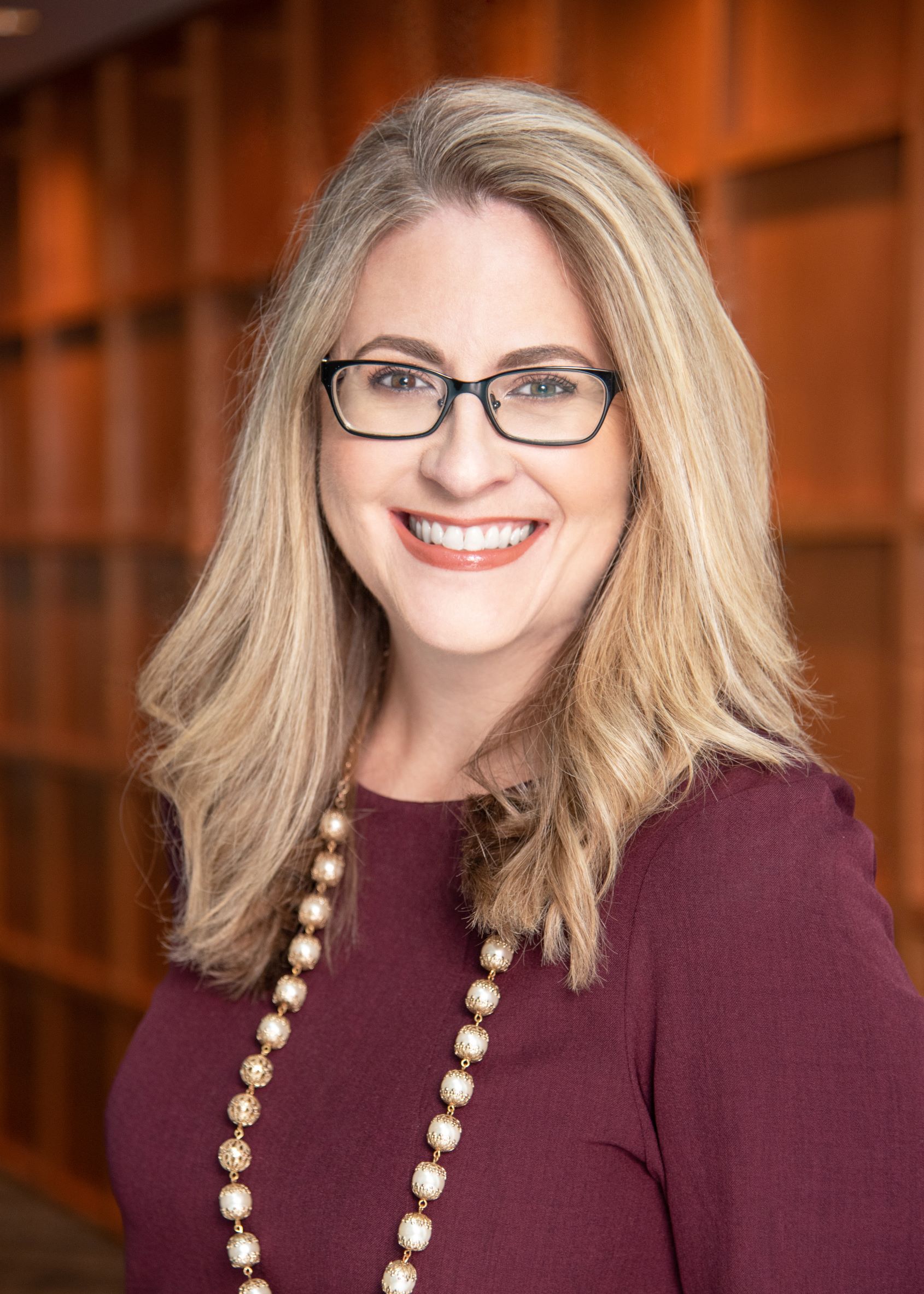Heather White was at the dinner table with her daughter in September 2019 when her daughter said something that surprised her. They were discussing her daughter participating in the Greta Thunberg walk out the next day at school. Her daughter burst out with, “I’m so sick and tired of all this praise for Gen Z young activists! Where are the Baby Boomers? Where’s Gen X? Where are Millennials? You can’t leave this climate crisis all on our shoulders. We feel all alone!”
That’s a hard statement for any parent to hear. But Heather isn’t silent about the environment. She has 20 years of experience in climate policy along with degrees in environmental science and law. She’s the author of One Green Thing: Discover Your Hidden Power to Help Save The Planet and the owner of the nonprofit, One Green Thing. She worked for Gore’s presidential campaign and on Capitol Hill. She even ran two environmental national nonprofits. This is her life’s work. If her kids felt like this, she wondered what conversations were like around other dinner tables.
“Climate change is impacting mental health in significant ways,” White says. “In September 2021, a survey of 10,000 young people ages 16 – 25. 47% said that climate anxiety and worrying about the future interfered with their daily lives. One out of four said they didn’t want to have children because they are so concerned about the future they are inheriting.”
“The American Psychological Association has even created the term: eco-anxiety to describe this chronic fear of environmental doom. The mental health impact is significant and increasing. It’s an epidemic we aren’t talking about. Gen Z has such high rates of overall anxiety that the Surgeon General has issued a warning about it as one of the most significant health crises that we’ve seen in young people for decades.”
The feeling of social isolation that eco-anxiety creates has negative health effects. Research on the mortality risk of loneliness shows it is equivalent to smoking 15 cigarettes a day, White explains, “Today’s young people are experiencing more chronic loneliness than the elderly. In a recent survey, eight of ten Gen Z report chronic loneliness compared to four out of ten senior citizens. Social media also drives hyper-awareness of the pain and suffering of the climate crisis. Young people are sharing and documenting extreme weather events in real time around the globe.”
“We need to create space for older generations to listen to young people about their anxiety about the future. But we also need to make sure that we share stories of resilience that we’ve seen globally. The reality is we have all the climate solutions we need. We even have the money; we need to distribute to implement solutions. What is missing is the political will and that only shifts when we all act. To do that, more people need to see themselves in climate action. Everyone is wanted and needed. We really need to focus on the idea called ‘Think Beyond Your Age.’ Stories support that.”
Stories are increasingly being used across the climate movement to not only create understanding but also connection. The stories help people see things in the data that can’t be unseen. They create community and reduce the feeling of isolation and loneliness that many youth report experiencing.
Universities like George Washington, the University of Minnesota, and Penn State use storytelling in conferences, gatherings, and classes to create awareness and momentum. Communities like St. Paul have held climate marches for kids and shared stories as the connective tissue between the emotions around climate change and instilling hope and motivation with the solutions. Story slam events, climate change storytelling guides, and even poetry events are giving people the chance to connect with climate change in different ways. The stories not only unite, but they are also emerging as an antidote to eco-anxiety.
The process of creating and sharing stories forms connection and healing, as seen in research from the field of narrative psychology. People gain connections through storytelling regardless of their generation, gender, or geography for a few reasons. Stories make the world smaller and also deepen our understanding of the challenges around the climate. As you listen to stories, you gain empathy for the storyteller. That empathy increases our trust in the storyteller and oxytocin is released in our bodies. Neuroscientist Paul Zak’s lab was the first to discover this relationship between the two. He describes this as a signal to our brain for who is safe to be around. These moments abate loneliness and help people feel a sense of belonging and connection. The very act of bringing people together to share stories about climate change leaves them feeling less alone.
Stories also create an artificial reality for the listener and help us make sense of things. When we listen to a story, our brain lights up as though we are experiencing the story first-hand. Ever wonder why your eyes well up with tears when watching a sad movie? As stories engage your senses and emotions, your brain mirrors the neural activity of the storyteller. Your brain lights up as though you are a main character and you can’t help but consider how you might respond when facing a similar circumstance.
Perhaps most importantly, stories connect us to our emotions and influence decision making. We love to think that we act based on data. However, if data changed our behavior, we would all sleep eight hours, exercise daily, and drink eight glasses of water. There is plenty of data about climate change. But it is our emotional connection to it that spurns action. We make decisions at a subconscious level based on our knowledge and experiences. At the point these become conscious thoughts, we apply rationalization and logic. We choose to act and make commitments because of our emotions, not logic. Stories trigger those emotional responses and choices and help more people see themselves as part of the climate movement.
Heather encourages people to start their own conversations around their dinner table, asking kids to share their thoughts and stories. She describes the importance of letting young people know that they aren’t alone, and that we can take steps toward positive change. These moments create connections and allow generations to hear from one another.
“We can all adopt a daily practice of sustainability,” Heather White says. “We’re all culture change agents in our community. This is the culture shift we need for big solutions to take hold. Although global warming is scary, the collective change we can make and the future we can build is exhilarating, exciting, and wondrous. Another world is possible.”
“In addition to sharing stories of positive change, creativity, and resilience we’ve experienced in our lifetimes, it’s also time to create new, inspiring intergenerational stories about the sustainable future we can build together. Stories can propel us from hope to action to protect our shared future.”


